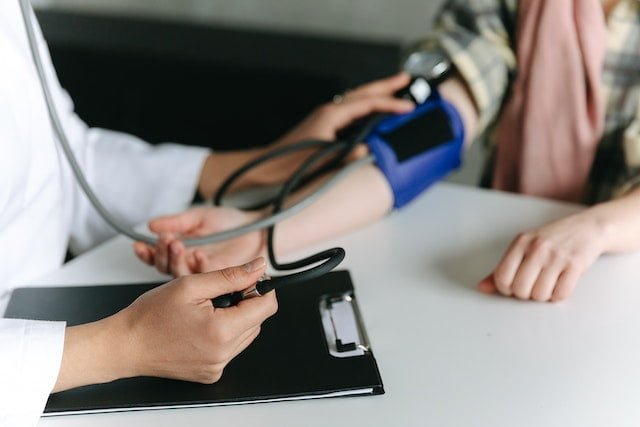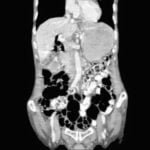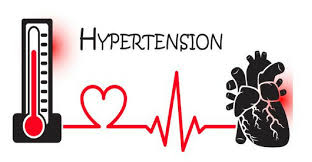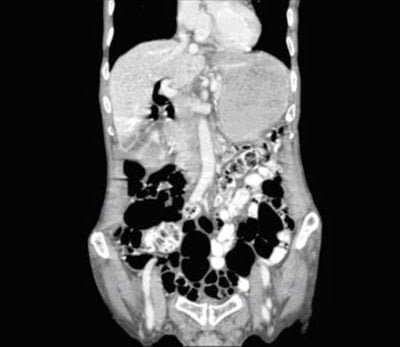
Silent killer: A true clinical story
Years back a middle-aged man presented himself to our clinic .
“Doc,” he said, no sooner do I feel a headache, than I become pretty sure that my blood pressure must have hiked up.
I immediately take medicine to bring it back to normal.
I have been doing exactly this for many years now”, he went on.
Well taking medicines once in a blue moon the way our patient was doing is one of the common reasons high blood pressure goes on devastating our vascular system affecting heart brain and other organs
This was explained to the patient but it was all in vain.
My next clinical encounter with him was in a few months time.
The blood tests at that time showed some kidney impairment.
Kindly don’t underestimate your high blood pressure.
It is a silent killer,” I carefully explained to him.
When I saw him again in the clinic several months later, I felt despondent.
He had lost his healthy facial sheen.
An ultrasound of his kidneys showed that both had shrunk, due to his persistent and uncontrolled high blood pressure.
“Doc!” he complained, “I am tired all the time, and it is now starting to affect my business,” he went on. “I’ve never felt so weak in my life before,” as he turned his head and glanced down.
Blood tests had revealed that his haemoglobin levels were low.
A low haemoglobin level was clearly a symptom of the progressive kidney disease.
He was started injection Erythropoietin the blood-producing hormone,
which his diseased kidneys were refusing to produce.
Unfortunately, the patient had no insurance cover and was forced to purchase a lot of medicines from the open market, thus adding to his increasingly precarious financial situation.
My posting had changed to Emergency which remains very busy .
One day, in the dead of night, he was brought to the emergency room in a drowsy state.
His anxious wife explained that despite a high intake of fluids, he was unable to urinate properly.
Once we examined him, we found that he was suffering from fluid retention and consequently his kidneys were unable to flush off his blood and needed an artificial support dialysis.
“Dialysis!” said his wife, striving to understand what the implication of this was.
“Doc, does it mean that his kidneys have failed?”
“Unfortunately, you are right.
He has kidney failure,” we explained to her.
“Oh no, Doc!
Is it a single kidney or both of them? his son whispered
from the corner of his bed.
“Unfortunately it is both,” I replied in a sad voice.
We immediately connected him to a hemodialysis machine, and the dialysis started.
Hours later, he was feeling much better and started talking again,
and after few days he was discharged.
On his next follow up visit to our clinic he remarked to me.
“Doc! my son is now looking after the business as
I don’t sleep properly, and my capacity to work is severely impaired, I get tired so easily.
Believe me, I never wanted him to interrupt his studies,” and with this, he burst into tears.
His renal disease was killing him inch by inch,
and one day the team of Consultants discussed about renal transplant
with him and his family.
“Doc! we will sell everything we have to help him come out of this misery.
Please save this ring, which is very dear to me.
I value it very highly and have had it for 30 years, in fact since the day we became engaged”, his tearful wife said.
While speaking her voice broke, and she wept bitterly.
“Take my kidney sir! I am ready,” she said.
“All his life has been spent in building us a good home and in the education of our children, Doc. He is my darling and I cannot imagine life without him”.
It was decided that his wife would donate a kidney to try and save her husband.
The patient’s face flushed with happiness, and a new ray of hope emerged in his family.
He was registered for the operation, and the preliminary workup for his kidney transplant was started in the couple.
Kidney transplant seemed to end the misery and rejuvenate their yesteryears.
They started collecting money and getting ready for the transplant.
With the family full of hope for the good outcome of the renal transplant, he was brought to our Emergency room two months later with severe chest pain.
He closed his fist and rubbed his closed fist over the breastbone, saying,
“Doc, I am having terrible chest pain here”.
The blood tests and ECG showed that he had a heart attack
“Auntie, we need to send him for cardiac catheterisation as he has unfortunately developed a heart attack,” we gently told her.
. “Doc! I have always regarded him as a brave person.
He has never had any heart problem in all the time that we have been married,” she said.
Unfortunately kidney disease worsens ischemic heart disease, the treating team explained.
The patient underwent thrombolysis and in this manner, his chest pain was relieved, and he was discharged home again a few days later.
During his stay in the hospital, his blood sugars were found to be elevated on repeated occasions, and as he was a prospective renal transplant patient, he was started on Insulin.
With the addition of three more drugs, the family’s monthly drug bill inflated further.
Keeping in view this episode of the heart attack, the renal transplant was postponed.
He was put on blood thinners to prevent further blood clotting in the vessels of the heart.
Over the period of time, I knew the family.
I observed that the financial strain was draining them and that the son, being inexperienced, was unable to handle the business as effectively as he should.
He would always accompany his father for dialysis, which was done thrice a week.
Few months later our patient was brought with a history of black stools, suggesting blood loss from the gut.
An endoscopic examination was done, and we observed that he was bleeding from his stomach.
We quickly realised that this was probably due to blood thinners he was taking, which had been prescribed with the intention of preventing the clogging of the vessels in his heart.
These medications had eroded his stomach and caused the passage of altered blood with the stools (melena).
The situation was akin to that of being between the devil and the deep blue sea.
He was given a blood transfusion and other necessary treatment.
The carry bag of the family’s medicines was progressively increasing, and so were their hospital visits.
The family had become familiar to everyone in the hospital as they were visiting every week for dialysis as well as for appointments in other two departments.
Our patient’s chubby face was becoming gaunt and pale, and his wrinkles were getting prominent.
One fine day several months later he was brought in a deep coma.
His son and his wife were carrying him on a trolley.
He was in a deep unarousable sleep.
“Doc!” exclaimed his wife in despair, “he is now taking his medicine regularly, so why he is getting complication after complication?”
We had no answer to her question.
I sidetracked and started calling the radiology dept. for a quick appointment for a CT scan of his head.
The scan revealed a massive haemorrhage which was not amenable to any surgical intervention, and was causing the coma.
He was started on conservative treatment, and the poor prognosis was explained to the family.
He remained few days in coma and finally the angel of death kissed his face and his soul flew back to God
Dear Friends
Never underestimate Hypertension it is a silent Killer and mother of lot many diseases.
NIP the EVIL IN THE BUD. CONTROL YOUR BLOOD PRESSURE AND LIVE HAPPILY.
BEST!!!
Join the mailing list!
Get the latest articles delivered right to your inbox!






